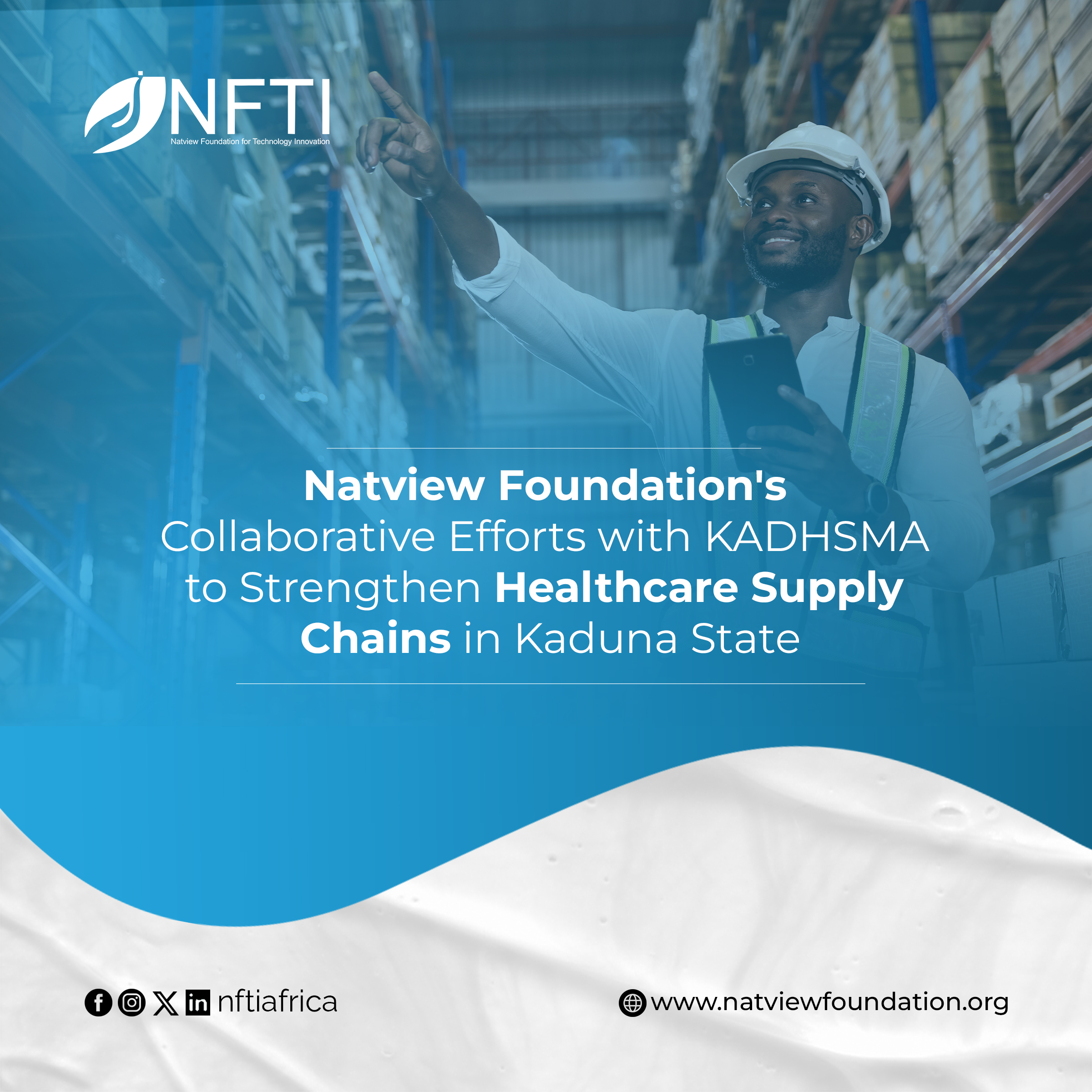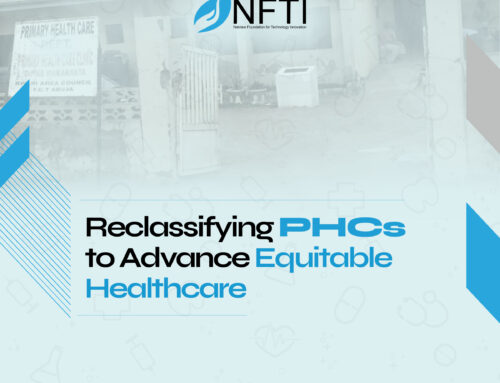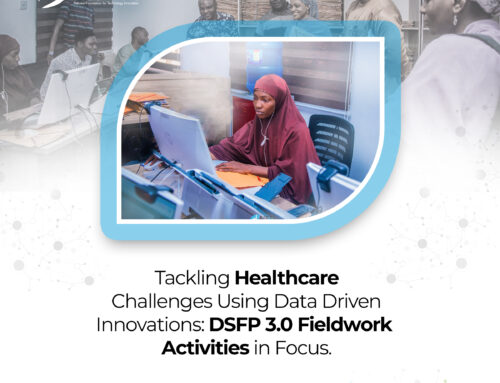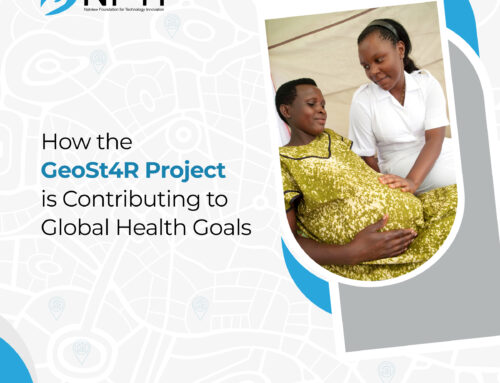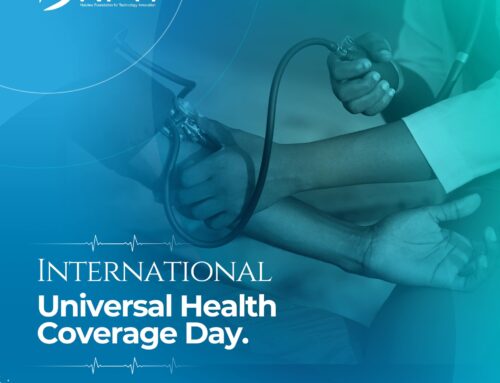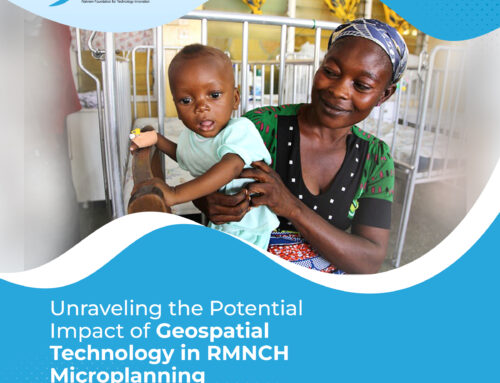All around the world, health supply management is a crucial aspect of healthcare delivery. It involves the planning, procurement, storage, distribution, and monitoring of medical supplies and commodities, including pharmaceuticals, medical devices, and other healthcare-related products. Effective health supply management is essential for ensuring that healthcare facilities have the necessary supplies to provide quality care to patients. It also helps to prevent stockouts, reduce wastage, and improve overall efficiency in the healthcare system. One of the key challenges in health supply management is ensuring that supplies are available when and where they are needed. This requires effective forecasting and planning, as well as the ability to quickly respond to changes in demand. A reliable, efficient, and secure data management system for collecting, analyzing, triangulating, and visualizing health supply data will help improve this process.
Rwanda’s National Health Supply Chain System (NHS) and the United States’ Vaccine Tracking System (VTS) are two examples of how effective data management can improve healthcare supply chain management. Rwanda’s NHS is a comprehensive system that integrates data from various sources to provide real-time visibility into the movement of medical supplies and commodities. The system uses a combination of technology, including a web-based platform and mobile applications, to track the distribution of medical supplies from the central warehouse to healthcare facilities across the country. This has helped to reduce stockouts, improve patient care, and save lives. Similarly, the United States’ VTS is a comprehensive system that tracks the distribution of vaccines from the manufacturer to healthcare facilities across the country. The system provides real-time data on the availability of vaccines at healthcare facilities, allowing healthcare workers to quickly identify shortages and take action to address them. This has helped to reduce vaccine-preventable diseases and improve public health.
However, the healthcare sector in Nigeria, like many others, faces a myriad of challenges. From inadequate technological infrastructure to limited access to essential and accurate medical supplies data, these challenges can have a significant impact on the quality of healthcare services provided to citizens. Recognizing the need to improve and modernize its supply chain management processes, the Kaduna State Health Supplies Management Agency (KADHSMA) is working with the Natview Foundation to identify key data sources and workflow processes across essential and public health commodities from the warehouse to the facilities and provide the state with an accessible, reliable, and secure platform for collecting, analyzing, triangulating and visualizing the KADHSMA Supply Chain Management(SCM) data for informed decision-making processes within the supply chain space in Kaduna State, which will reduce wastage and lead times and also improve quantification and forecasting across the service delivery lens and program planning and implementation.
KADHSMA’s mission is to establish a sustainable, transparent, and efficient Health Supply Chain Management System, setting a benchmark for the state’s healthcare. Over the years, they have meticulously developed a streamlined supply management system integrated with technology. The Natview Foundation brings its expertise to the table, renowned for its ability to harness technology and data analytics to tackle complex social issues. Our shared goal is to not only enhance the efficiency and effectiveness of the healthcare supply chain but also to significantly elevate the quality of healthcare services available to the people of Kaduna State. By leveraging technology and data analytics, the two organizations are working together to develop a comprehensive Supply Chain Management System Dashboard that will provide KADHSMA with real-time visibility into the movement of medical supplies and commodities from the warehouse to healthcare facilities across the state.
One of the key features of the dashboard will be its ability to provide KADHSMA with actionable insights based on data analytics. Through the analysis of past consumption data, the dashboard can help KADHSMA forecast future demand for medical supplies and commodities, allowing KADHSMA to optimize its procurement and distribution processes. This will not only reduce waste and inefficiencies but also ensure that healthcare facilities have the supplies they need when they need them. You will acknowledge the potency of a dashboard that lessens the possibility of overstocking and the chance that medications will expire before being used.
KADHSMA is working with the Natview Foundation to identify key data sources and workflow processes across essential and public health commodities from the warehouse to the facilities and provide the state with an accessible, reliable, and secure platform for collecting, analyzing, triangulating and visualizing the KADHSMA Supply Chain Management(SCM) data for informed decision-making processes within the supply chain space in Kaduna State, which will reduce wastage and lead times and also improve quantification and forecasting across the service delivery lens and program planning and implementation.
Another important aspect of the dashboard being developed is its user-friendly interface, which allows KADHSMA staff at all levels to easily access and interpret the data. This ensures that decision-makers have the information they need to make informed decisions that will improve the efficiency and effectiveness of the healthcare supply chain.
In addition to developing the Supply Chain Management System Dashboard, Natview Foundation is also working with KADHSMA to provide technical support and training to KADHSMA staff. Training will be provided on how to use the dashboard, as well as ongoing support and guidance on how to interpret and act on the data provided.
The collaboration between KADHSMA and the Natview Foundation is a promise to revolutionize healthcare supply management in Kaduna State. A promise to embrace technology and data analytics to ensure that medical supplies and commodities reach those who need them most, when they need them. A promise to improve the quality of healthcare services for every citizen, regardless of their location or socioeconomic status. It’s a promise to harness the power of technology and data to address complex social challenges, to make healthcare more accessible and efficient, and to ensure that no one is left behind.
As we continue to push the boundaries of what’s possible, let us ask ourselves: How can we continue to build on this promise? How can we use technology and data to drive even greater change in the healthcare sector? And how can we be sure that everyone enjoys the advantages of these innovations? The answers to these questions will persistently mold the trajectory of healthcare, not only within the confines of Kaduna State but across the expanse of Nigeria.

